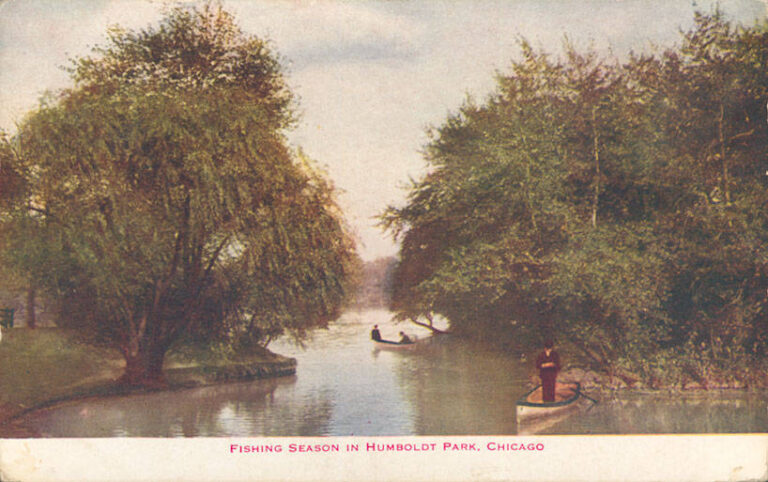Illinois is joining a growing list of states that will no longer test fish in lakes and rivers for DDT and other related pesticides.
Illinois began testing fish for organochlorine pesticides in the 1970s, a few years after the best-known one, DDT, was banned in the U-S. Up until the ban, the chemicals had been widely used in the U.S., dating back to the 1940s.
In a news release, the state Department of Public Health (IDPH) says testing was done for the banned chemicals, because they were “environmentally persistent”, and could build up in the tissue of fish and other animals.
But Brian Koch with IDPH says those chemicals are no longer showing up at dangerous levels.
“It’s been over thirty years since we’ve detected these pesticides at levels that would warrant a Do-Not-Eat advisory for Illinois fish,” said Koch. “So really, there’s little chance that these pesticides are going to be detected at levels of concern in the near future, if at all.”
Testing in earlier years showed “concerning” levels of DDT, chlordane and dieldrin in bottom feeding fish such as carp and catfish. But chemical levels dropped down to safe levels for all three chemicals over the years. Dieldrin was the last to fall below unsafe levels in Illinois fish, some time in the 1990s.
Koch says Illinois is still testing fish for mercury and polychlorinated biphenyls or PCBs. And the state Environmental Protection Agency is getting ready to test for PFAS (per- and polyfluorinated alkyl substances), the so-called “forever chemicals” that are found in many products.
“It’s really a hot-button issue throughout the nation right now,” said Koch of PFAS. “And Illinois EPA has recently received some laboratory equipment so they can go ahead and actually analyze PFAS in fish tissues.”
The Illinois Department of Public Health has an advisory page on its website, showing how often fish from various lakes and streams around the state can be eaten safely, due to chemical pollution.

